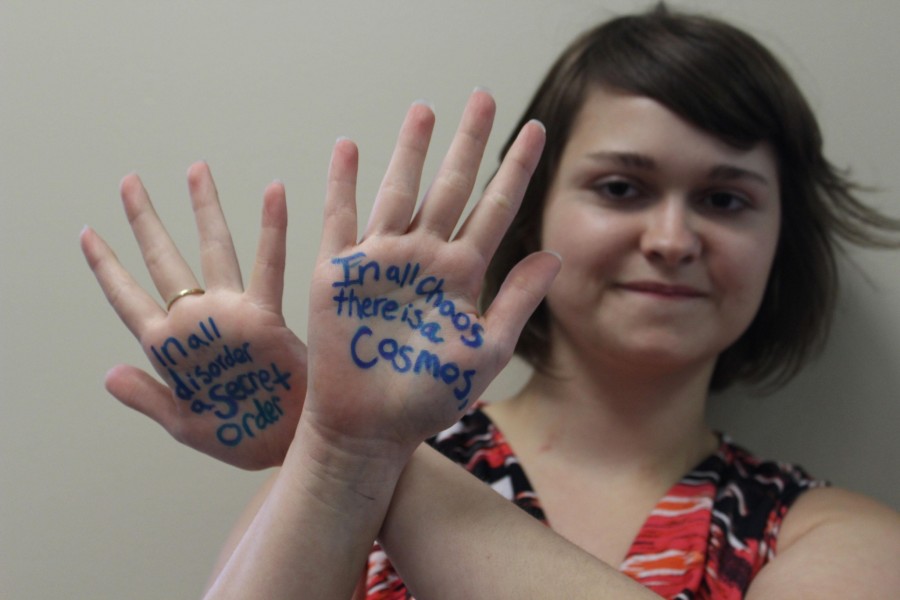I hold down three part-time jobs. I am taking 15 credit hours. I am a part of a major on-campus organization. I am a pupil of psychology and sociology in the University Honors Program. I have weekly meetings with staff members that shape when I can and cannot socialize with friends. I am a first generation college student. I have made myself into a busy girl. But this is not who I have always been and I need everyone to understand why.
I used to have genuine social anxiety. I used to be grossly afraid of talking to people. My headspace was sacred; others were not allowed to come in. It was easy to keep to myself. It was safe. I loved people, I truly did, but they were foreign and scary. This made me lonely and I became really sad. This back and forth eventually spiraled further and I was hospitalized for a little while at Children’s Hospital. I was given tests, given doctors, given medications. Ultimately I was also given a diagnosis: Type II Bipolar disorder. I was devastated and distraught, to say the least. I underwent therapy for almost six years.
I had so much love to give, but I was so afraid of giving someone both my love and my illness. I was afraid to join social circles or even begin to see myself in the professional leadership world.
Leadership is sort of shoved in our faces as commanding major positions in campus organizations. But that is such an outdated idea, right? Leadership can be leading a discussion in class or holding a good conversation with friends. Leadership can be recognized as having a good day in spite of hardship or helping one person to the best of your ability. But it is not. Leadership on this campus is holding an executive board position, being the president of a club, being a face of the school or just being a loud presence on campus.
Leadership, first and foremost , should be an empowering experience. It is a chance to be defined not by illness, but instead by character. For me, leadership has become a venue to owning my bipolar disorder. My jobs as a desk assistant, desk manager and bookstore associate cater to what I need when I am swinging high, but also suit me when I am swinging low.
I am who I have become because others have given me venues to grow and to learn. I would not be such a busy girl if I had not been believed in. I am so grateful for everything the professional staff at Loyola has done for me. They have helped validate what leadership means to me. It is definitely not an easy process. Stigma in mental illness is a powerful force. Still, I welcome you all to become leaders too!
My advice is to first embrace the idea of acceptance. Accept this mark that has been placed upon you, not by virtue of your merit, but by our friend, the social and biological lottery. Accept its presence and the effects it may have over you. Understand how it works within you and outside of you. Understand what it may look like to others.
Secondly – and most importantly – take ownership of your mental clockwork. This affliction is not who you are. Yes, it is a part of you, but it is not the whole of you. Please do not be afraid of what lies within you. You are wonderful, beautiful and strong- so strong.
It has been a rough journey trying to define myself outside of the context of my disorder. My life sometimes still feels like chaos and disorder, but I know that this will come and go in waves and I am happily and humbly along for the ride.
As for professional staff, please try listening to the quiet of the students along with the well-defined noise. Let students grow as they lead, start giving us more opportunities to develop our potential. Our role in leadership deserves to be recognized. Stop picking only those who are already at that level. This is a message I stand strongly by, for my fellow classmates and for the professional staff members. These quieter, yet equally powerful students are being deferred. It is disheartening.
It is an outcry.












